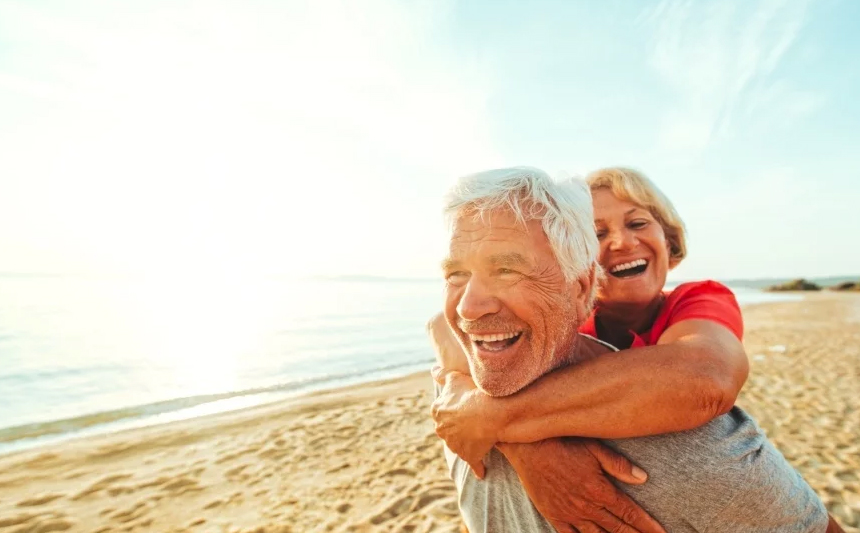Seniors, protect yourselves against heat-related illnesses

Summer heat waves can be dangerous, but seniors are especially prone to health problems associated with hotter weather.
Not only are older people less able to notice changes in their own body temperature due to poor circulation and lower-functioning sweat glands, but many also have preexisting health conditions that make them even less able to adapt to heat.
Here are some guidelines for staying safe as the temperatures continue to climb this season.
1. Ask your doctor about your medications.
Some medications are less effective if stored at temperatures above room temperature, so double check with your provider or pharmacist about how to best store your medicine.
2. Drink plenty of fluids.
Be sure that you’re drinking a lot of water, even if you don’t feel thirsty. Try to avoid coffee or other caffeinated drinks, which can leave you dehydrated. Some medications, like diuretics, can also lead to dehydration.
3. Take cool showers or baths to cool down.
Or, if you don’t have the time, put a cool, wet washcloth against your wrists, face and neck.
4. Wear sunglasses and sunscreen if you go out.
You should avoid the peak hours of the sun between 10 a.m. and 3 p.m. Excessive exposure to the sun can damage your eyes and cause further vision loss, so sunglasses are a must if you go outside. Also apply sunscreen regularly to protect yourself against harmful UV rays.
5. Dress in layers.
Between the scorching heat and frigid air conditioning, dress in breathable layers that you can easily alternate.
6. Stay in air-conditioned spaces.
If your home isn’t air-conditioned, visit the library, mall or senior center to keep cool.
7. Know the signs of heat-related illnesses.
If you or a loved one experiences symptoms such as dizziness, nausea, headache, rapid heartbeat or clammy skin, seek help immediately.
8. Keep in contact.
Have someone you trust, such as a neighbor or a family member, who can check in on you to make sure that you’re in good condition and hydrated.




